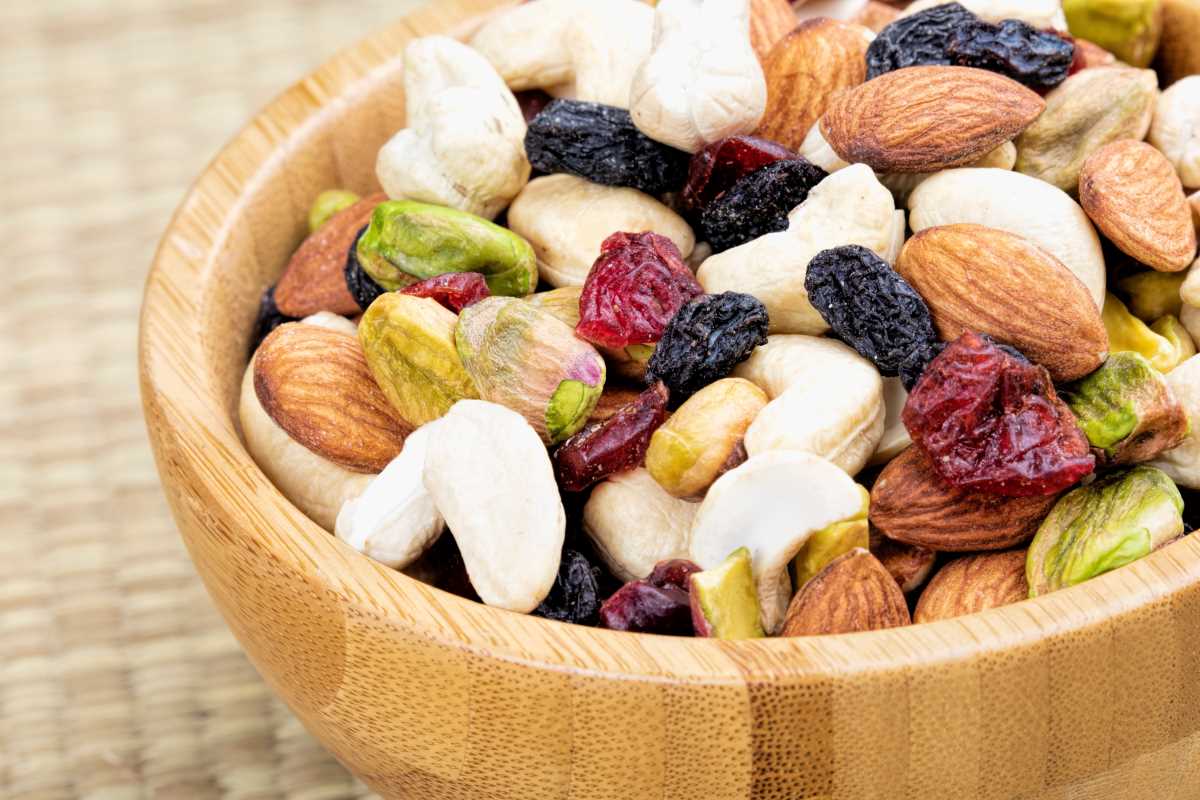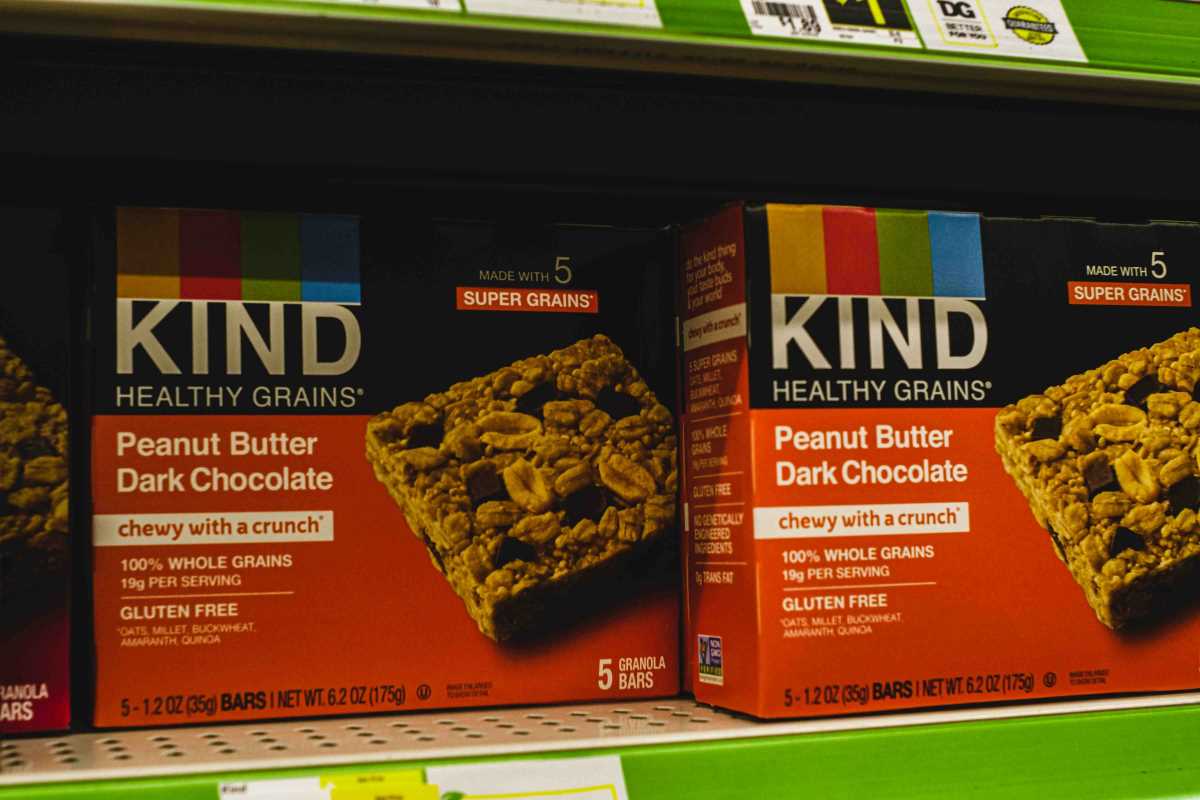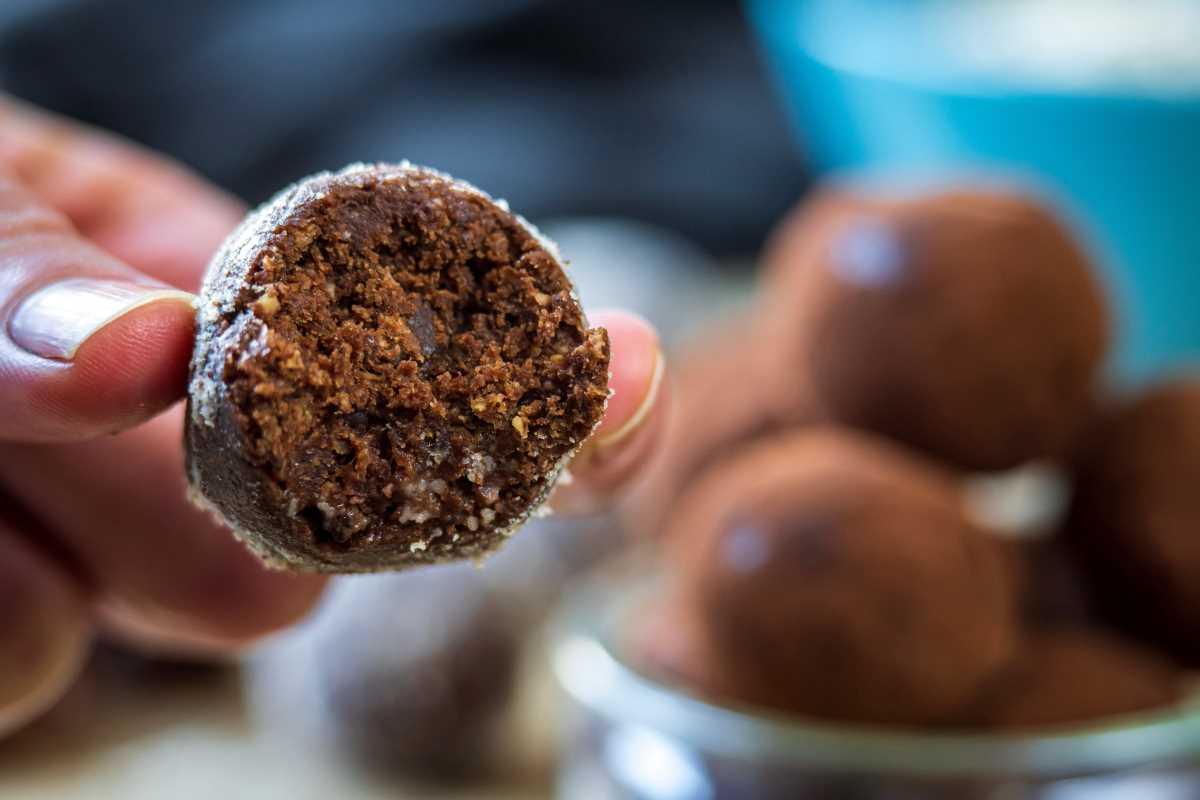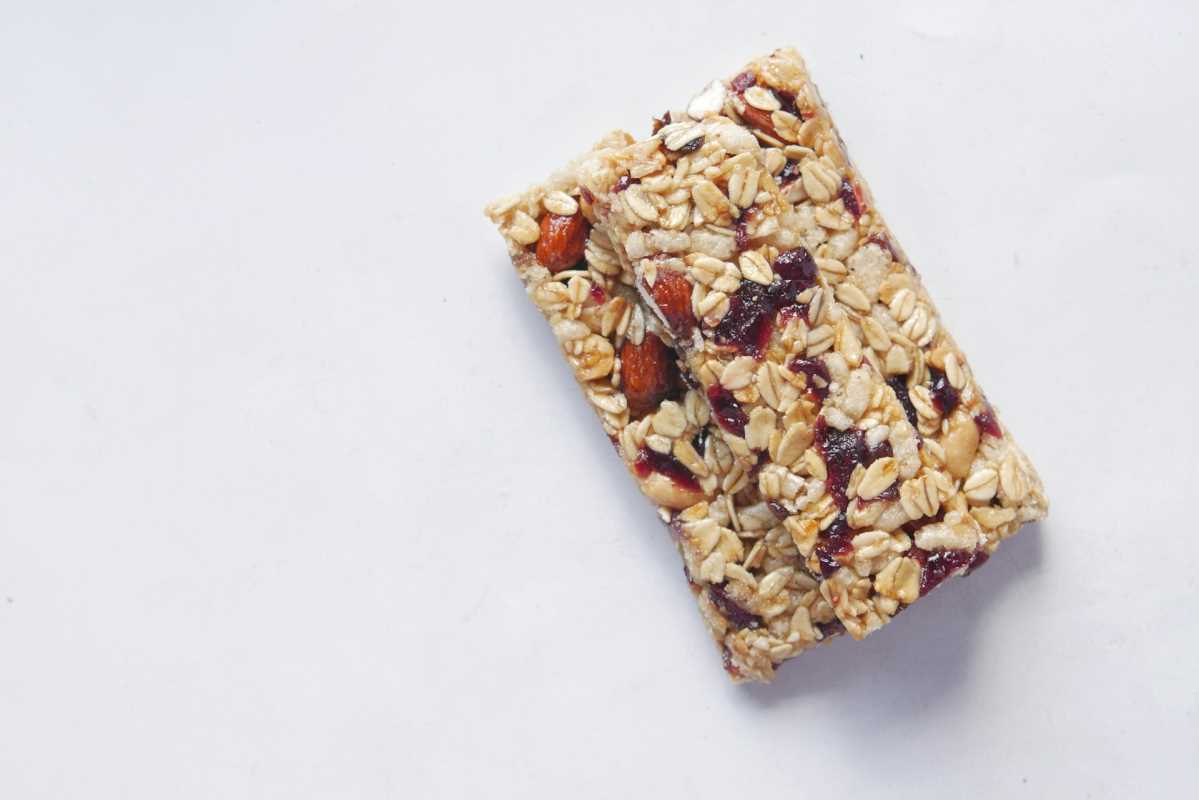Your muscles work hard during exercise, breaking down protein fibers and depleting energy stores to power your performance. What you eat in the hours following your workout directly impacts how quickly your body repairs this damage and adapts to training stress. The right recovery snacks can accelerate muscle repair, reduce soreness, and help you bounce back stronger for your next session.
Research published in the Journal of Sports Medicine and Physical Fitness shows that consuming the optimal combination of nutrients within two hours post-exercise can improve recovery time by up to 25%. Yet many active individuals either skip post-workout nutrition entirely or choose snacks that fail to support their recovery goals. Understanding which nutrients your muscles need and how to deliver them through strategic snacking transforms your recovery process from guesswork into science-backed success.
Let's explore the nutritional foundation of effective muscle recovery and discover practical snacks that accelerate your body's natural repair processes.
Why Post-Workout Nutrition Matters for Recovery
Your muscles undergo significant stress during exercise, creating microscopic tears in muscle fibers while depleting stored glycogen for energy. This process, while necessary for fitness improvements, leaves your body in a state requiring specific nutrients to optimize repair and adaptation.
The Recovery Timeline
Muscle protein synthesis—the process of building new muscle tissue—begins immediately after exercise and can remain elevated for up to 48 hours. However, the first two hours represent the most critical window for providing your muscles with the raw materials they need for optimal recovery.
During this period, your muscles become highly sensitive to nutrient uptake, particularly protein and carbohydrates. Studies demonstrate that consuming appropriate nutrients during this window can increase muscle protein synthesis by 50% compared to delayed feeding, while also accelerating glycogen replenishment.
The Cost of Poor Recovery Nutrition
Skipping post-workout nutrition or choosing inadequate options can extend recovery time, increase muscle soreness, and compromise your next training session. Research indicates that athletes who neglect recovery nutrition experience:
- 30% longer recovery times between intense sessions
- Increased markers of muscle damage and inflammation
- Reduced training adaptations over time
- Higher risk of overuse injuries
Essential Nutrients for Muscle Recovery
Understanding which nutrients support muscle recovery helps you make informed choices about your post-workout snacks.
Protein: The Building Block
Protein provides amino acids that serve as building blocks for new muscle tissue. Your body requires all essential amino acids to maximize muscle protein synthesis, making complete protein sources particularly valuable for recovery.
Optimal Amount: Research supports consuming 20-25 grams of high-quality protein within two hours post-exercise to maximize muscle protein synthesis. This amount provides sufficient amino acids without overwhelming your digestive system.
Quality Matters: Complete proteins containing all nine essential amino acids show superior recovery benefits compared to incomplete protein sources. Whey protein, eggs, Greek yogurt, and lean meats provide optimal amino acid profiles for muscle repair.
Carbohydrates: The Energy Restorer
Carbohydrates replenish muscle glycogen stores depleted during exercise while supporting the muscle-building process. The type and timing of carbohydrate consumption significantly impact recovery effectiveness.
Fast-Acting Carbs: Simple carbohydrates digest quickly, making them ideal for immediate post-workout consumption. These carbs rapidly enter the bloodstream, triggering insulin release that promotes nutrient uptake into muscle cells.
Recommended Ratio: Sports nutrition experts recommend a 3:1 or 4:1 ratio of carbohydrates to protein for optimal recovery, providing approximately 60-80 grams of carbohydrates alongside 20-25 grams of protein.
Anti-Inflammatory Compounds
Exercise-induced inflammation, while part of the adaptation process, can be managed through strategic nutrient choices. Certain compounds help reduce excessive inflammation while supporting healthy recovery processes.
Antioxidants: Vitamins C and E, along with polyphenols found in berries and dark leafy greens, help neutralize free radicals produced during intense exercise.
Omega-3 Fatty Acids: These healthy fats support anti-inflammatory processes and may reduce exercise-induced muscle soreness when consumed regularly.
Quick Recovery Snacks You Can Make in Minutes
These scientifically-backed snack options provide optimal recovery nutrition while fitting easily into your post-workout routine.
Protein-Packed Options
Greek Yogurt with Berries and Honey
Combine 1 cup of plain Greek yogurt with 1/2 cup mixed berries and 1 tablespoon honey. This combination delivers 20 grams of complete protein plus fast-acting carbohydrates and antioxidants.
Recovery Benefits: The casein and whey proteins in Greek yogurt provide both fast and slow-digesting amino acids, supporting immediate and extended muscle recovery.
Chocolate Milk
This classic recovery drink provides the ideal 4:1 carbohydrate-to-protein ratio in a convenient, portable format. One cup contains approximately 24 grams of carbs and 8 grams of protein.
Science-Backed: Multiple studies confirm chocolate milk's effectiveness for recovery, with research showing it performs as well as specialized sports drinks for glycogen replenishment and muscle repair.
Hard-Boiled Eggs with Banana
Two hard-boiled eggs paired with one medium banana provide 12 grams of complete protein and 27 grams of carbohydrates, plus potassium for muscle function.
Convenience Factor: Hard-boil eggs in batches at the beginning of each week for grab-and-go recovery nutrition.
Carb-Forward Recovery Snacks
Tart Cherry Juice with Protein Powder
Mix one scoop of vanilla protein powder into 8 ounces of tart cherry juice for a recovery drink that addresses both macronutrient needs and inflammation management.
Anti-Inflammatory Power: Tart cherries contain anthocyanins that research shows can reduce exercise-induced muscle damage and accelerate recovery.
Rice Cakes with Almond Butter and Sliced Banana
Two rice cakes topped with 2 tablespoons almond butter and sliced banana provide quick carbs, healthy fats, and plant-based protein.
Digestibility: This combination digests easily while providing sustained energy release, making it ideal for sensitive stomachs post-workout.
Smoothie Bowl
Blend 1 cup frozen berries, 1/2 banana, 1 scoop protein powder, and 1/2 cup almond milk. Top with granola and additional fresh fruit for texture and extra carbohydrates.
Customizable Nutrition: Adjust ingredients based on your specific recovery needs and taste preferences while maintaining optimal nutrient ratios.
Whole Food Combinations
Apple Slices with Peanut Butter
One medium apple with 2 tablespoons natural peanut butter provides natural sugars for glycogen replenishment plus protein and healthy fats for sustained recovery support.
Fiber Benefits: The fiber in apples helps regulate blood sugar while providing steady energy release during the recovery process.
Hummus with Whole Grain Crackers
1/4 cup hummus with 10-12 whole grain crackers delivers plant-based protein and complex carbohydrates while supporting digestive health through fiber content.
Plant-Powered Recovery: This combination works especially well for plant-based athletes seeking complete recovery nutrition from whole food sources.
Cottage Cheese with Pineapple
1/2 cup cottage cheese topped with 1/2 cup fresh pineapple chunks provides casein protein for extended amino acid release plus natural enzymes that may support anti-inflammatory processes.
Slow-Release Protein: Cottage cheese contains primarily casein protein, which digests slowly and provides amino acids to muscles over several hours.
Advanced Recovery Snacks for Serious Athletes
Athletes with higher training volumes or specific performance goals may benefit from more targeted recovery nutrition strategies.
High-Protein Recovery Options
Protein Overnight Oats
Combine 1/2 cup rolled oats, 1 scoop protein powder, 1 tablespoon chia seeds, 3/4 cup milk, and 1 tablespoon maple syrup. Refrigerate overnight for a ready-to-eat recovery meal.
Prep-Ahead Convenience: Make multiple servings at once for consistent post-workout nutrition throughout the week.
Recovery Protein Balls
Mix 1 cup dates, 1/2 cup protein powder, 1/4 cup almond butter, and 2 tablespoons coconut oil in a food processor. Roll into balls and refrigerate.
Portable Power: These provide concentrated nutrition in a convenient format for athletes training away from home.
Anti-Inflammatory Focus
Turmeric Golden Milk Protein Shake
Blend 1 cup coconut milk, 1 scoop vanilla protein powder, 1/2 teaspoon turmeric, 1/4 teaspoon ginger, and 1 tablespoon honey for a recovery drink with anti-inflammatory benefits.
Inflammation Management: Turmeric and ginger contain compounds that may help manage exercise-induced inflammation while supporting recovery.
Green Recovery Smoothie
Combine 1 cup spinach, 1/2 avocado, 1 scoop protein powder, 1/2 banana, and 1 cup coconut water for a nutrient-dense recovery option rich in antioxidants and electrolytes.
Micronutrient Dense: This option provides recovery macronutrients plus vitamins and minerals that support overall health and performance.
Timing Your Recovery Nutrition
Understanding when to consume recovery snacks maximizes their effectiveness and supports optimal adaptation to training.
The Critical Window
While the concept of a narrow "anabolic window" has been somewhat overstated, consuming recovery nutrition within two hours of exercise still provides significant benefits. Your muscles remain highly sensitive to nutrient uptake during this period, making it the optimal time for recovery snacking.
Pre-Planning Strategies
Immediate Post-Workout (0-30 minutes): Focus on easily digestible options that won't cause gastrointestinal distress. Liquid options like smoothies or chocolate milk work well during this period.
Extended Recovery (1-2 hours): Transition to more substantial snacks that provide sustained nutrient release. This timeframe allows for better digestion of whole food options.
Hydration Integration
Proper hydration supports nutrient transport and muscle recovery. Combine your recovery snacks with adequate fluid intake, aiming for 16-24 ounces of water per pound of body weight lost during exercise.
 (Image via
(Image via





